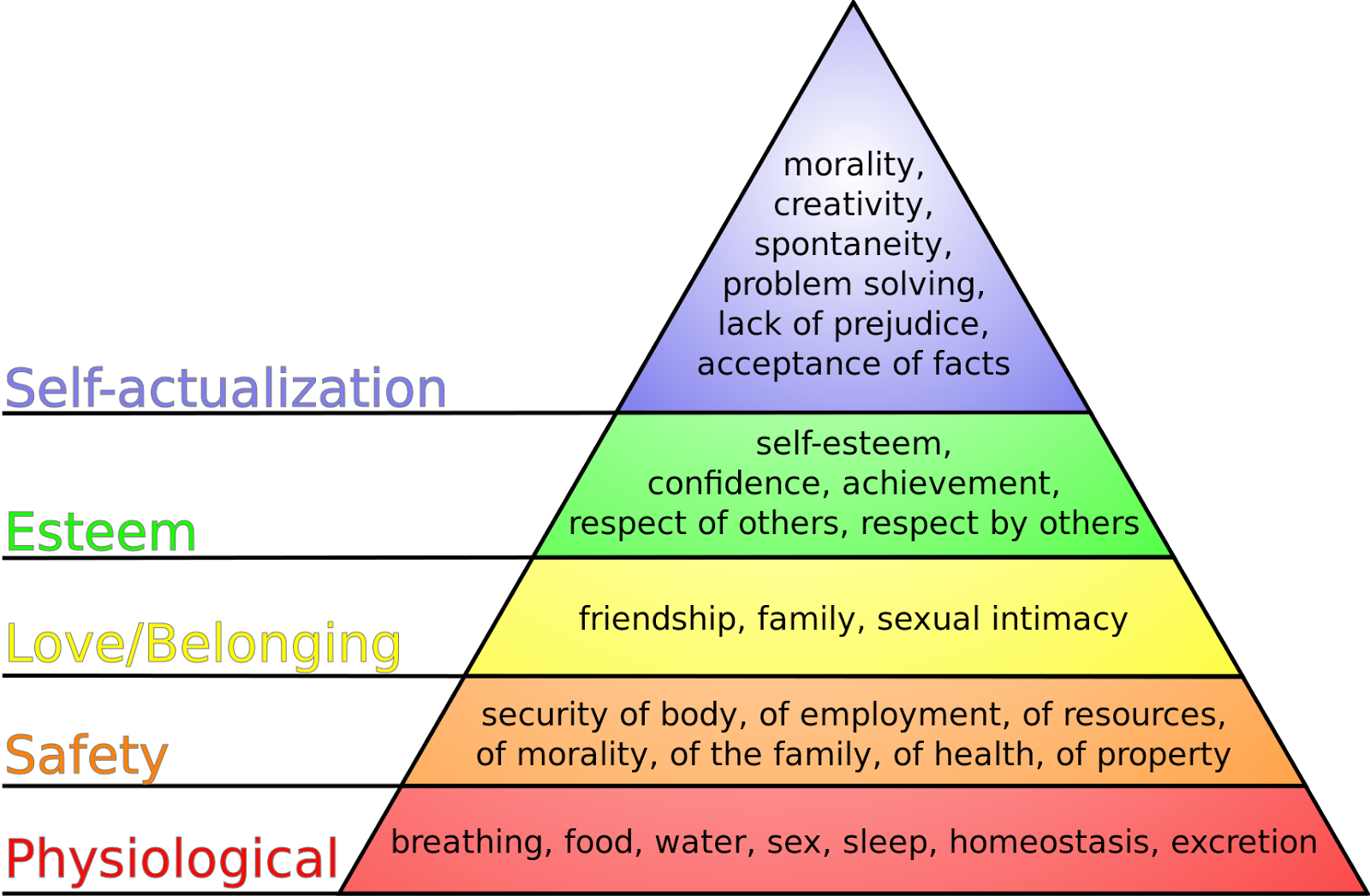Effects of climate change
Today I was chatting with someone on Facebook discussing that we are outpacing the capacity of our resources due to our lifestyles in the western world. Unfortunately we rarely see the consequences of our consumerist behaviour, as most products and services continue to be readily available, albeit at a higher cost. We are not encouraged to see how we can adapt our lifestyles to suit a rapidly changing environment and are not confronted with the impact it has on the people and places who provide us these products. We do not realise the impact a drought or flood can have on the coffee production of a country and the farmers growing it. At most, we notice the price of a kilo of coffee has increased at our local supermarket but there is still plenty of product available on the shelves.
When we buy a cheap t-shirt at H&M, do we think about the conditions of the worker who has made the shirt, or about the resources required to make it? Is the farmer being paid a fair price for the cotton? Are the dyes used harmful to the environment? Is the worked being paid a fair wage for his/her labour? Many of you probably do consider these factors when buying a product, but I suspect (myself included) that price is ultimately the deciding factor. That split second when you pick up that t-shirt, look at the price, and then perhaps look at the label which reads "Made in Bangladesh". But you want the shirt, and it is cheap. You prefer not to think about the possible negative connotations associated with the label, but prefer to think about the positive feeling of how good it would look on you when you go to that dinner party tonight. This is our reality in the western world.
Here in the Gambia it's the other way around. People here have a direct relationship with the environment. If they don't plant their crops, they don't eat, and make no money selling their surplus harvest. During the rainy season, people plant cassava, peanuts, couscous, and rice. They depend on the harvest to eat the rest of the year, and to earn enough money from the surplus to send their children to school, buy food and clothes, and other basic necessities. Unlike the western world, they see the direct impact of climate change. If there is too little rain, there will be a smaller harvest, and people will not have enough to eat, let alone have money for other things. Prices of foodstuffs will rise, poverty will increase, and people will starve. This year the rains started late, during the beginning of August. Normally they start in June. Luckily, as we are approaching the last weeks of September, it is still raining frequently and it looks like it will be a good harvest, Inshallah.
 |
| My neighbour planting Cassave in his compound |
Despite this direct reliance on the environment and the hardships that come with it, people here seem happier than in the western world. Perhaps it is because they don't have to contemplate the moral implications of buying a t-shirt that is made in Bangladesh. Perhaps it is because they have learned to make do with what mother nature provides them with. Perhaps it is simply because they don't have to make so many choices during the course of one day. Most likely, I suspect it is because they are simply happy with what they have and they don't expect much more. Some might call this the lack of progress, but I think we can learn a few lessons from life over here.



Comments